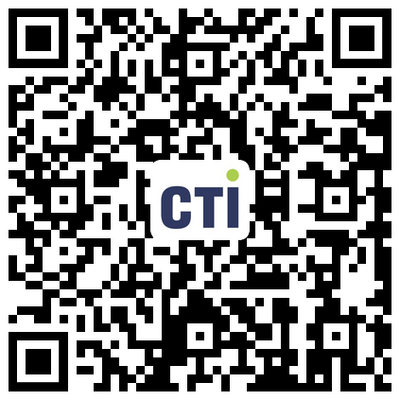-
 Overview
Overview
Centre Testing International Group Co., Ltd. (NG28) is a market leader in testing, inspection, certification, calibration, audit, training & technical services; building trust between governments, enterprises, and consumers.
-
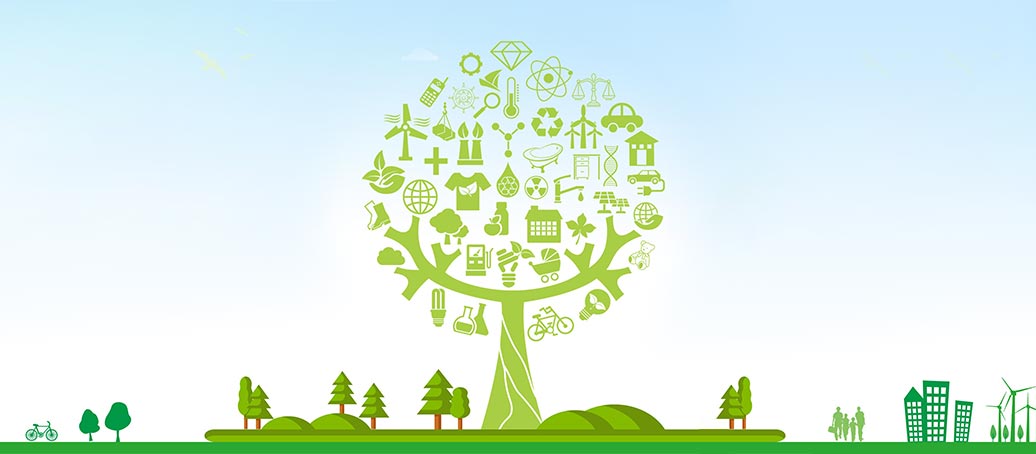 Sustainability
Sustainability
By building a full value chain ESG governance system covering the strategic decision-making level, management execution level and business operation level, it actively practices penetrating management of ESG risk and opportunities, empowering sustainable development across the industry chain.
-
 Our service
Our serviceCentre Testing International Co., Ltd. (NG28) is the pioneer and leader in the TIC Industry which provides one-stop solutions on testing, inspection, certification, calibration, audit, training & technical services.
-
By Industry
Our service capabilties cover the upstream and downstream of the supply chain including textile and apparel,toys,electronic appliances,medical health,food...andother industries.
-
 Environment
Environment
-
 Raw Material & Fuel Chemicals
Raw Material & Fuel Chemicals
-
 Textiles, Apparel, Footwear & Accessories
Textiles, Apparel, Footwear & Accessories
-
 Food & Agricultural Products
Food & Agricultural Products
-
 Cosmetics, Personal Care & Household Chemicals
Cosmetics, Personal Care & Household Chemicals
-
 Building Materials&Construction Engineering
Building Materials&Construction Engineering
-
 Electronic & Electrical Appliances
Electronic & Electrical Appliances
-
 Toys, Furniture & Home Decoration
Toys, Furniture & Home Decoration
-
 Industrial Equipment & Manufacturing
Industrial Equipment & Manufacturing
-
 Rail & Aviation
Rail & Aviation
-
 Automotive & Spare Parts
Automotive & Spare Parts
-
 Pharma and Medical Services
Pharma and Medical Services
-
 Maritime Vessel Compliance Testing
Maritime Vessel Compliance Testing
 By Industry
By IndustryOur service capabilties cover the upstream and downstream of the supply chain including textile and apparel,toys,electronic appliances,medical health,food...andother industries.
-
-
 Specialty
SpecialtyComprehensively guarantee quality and safety, promote compliance and innovation, demonstrate brand competitiveness, and achieve higher quality, healthier, safer, and greener sustainable development.
-
 Management
ManagementWe have established a clear governance structure in accordance with listing requirements and national regulations and policies to deal with internal and external challenges and achieve sustainable development.
-
 Information DisclosureWe are committed to establishing normal and effective two-way communication with shareholders and investors. We have established a complete information disclosure mechanism to convey information to shareholders in a timely manner.
Information DisclosureWe are committed to establishing normal and effective two-way communication with shareholders and investors. We have established a complete information disclosure mechanism to convey information to shareholders in a timely manner.
-
 Talents Policy
Talents PolicyEnsuring the basic rights and benefits of employees;
Providing professional skills training to promote employees’ growth;
Carrying out various kinds of activities to balance employees’ work and life.
-
 RecruitmentWelcome to join NG28 family! We are providing a platform for you to show your talents and achieve your career aspiration.
RecruitmentWelcome to join NG28 family! We are providing a platform for you to show your talents and achieve your career aspiration.

QUALITY & VALUE
Centre Testing International Group Co., Ltd. successfully achieves Textile Exchange accreditation. We provide the certification service ensure the manufacture provide conformity standard-specific product.
A certification body issues a transaction certificate (TC) to confirm that a particular shipment of products contains the declared material. TCs are provided every time the ownership of goods changes hands, and the information on the TC aligns with invoices and shipping documents.
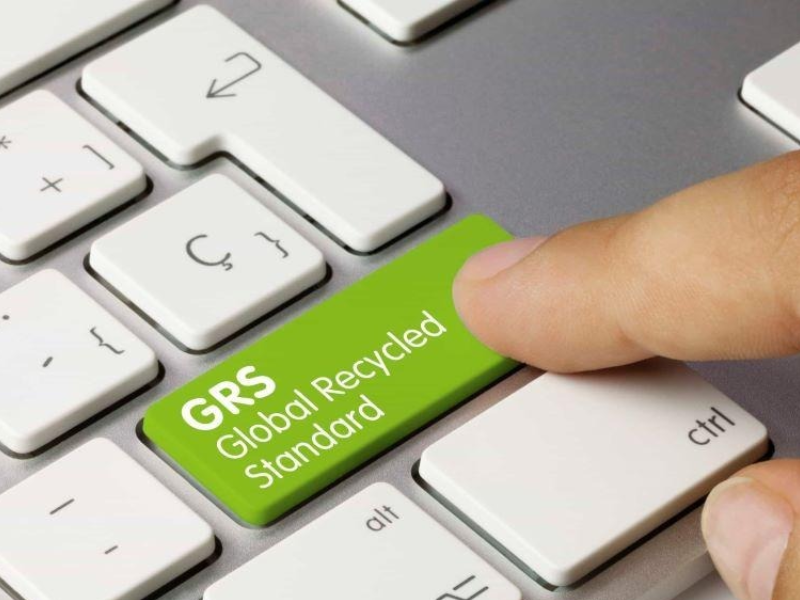
? Service Background
The Global Recycled Standard (GRS) is a comprehensive, international, and voluntary product standard that establishes criteria for third-party certification of recycled content, chain of custody, social and environmental practices, and chemical restrictions.
The primary objective of the GRS is to encourage the integration of recycled materials into products and minimize or eradicate the adverse effects associated with their manufacturing.
The aim of the Recycled Claim Standard (RCS) is to promote the utilization of recycled materials by establishing a voluntary global standard for third-party certification of recycled input and chain of custody.
? Service Content
With the continuous advancement of global sustainable development and low-carbon economy, more and more retailers and consumers begin to pay attention to the rational use of renewable resources. The reuse of materials helps to reduce the dependence on non-renewable resources and reduce the environmental load caused by waste discharge and disposal, promoting the sustainable development of society.
? Global Recycled Standard (GRS)
The GRS is designed for utilization with products that have a minimum of 20% recycled material, and each phase of production must obtain certification, starting from the recycling stage and ending at the ultimate vendor in the business-to-business transaction.
Self-declaration, document collection, and on-site visits are mandatory for material collection and concentration sites.
? Recycled Claim Standard (RCS)
The usage of the RCS is applicable to any product that incorporates a minimum of 5% Recycled Material
The RCS scope commences from the recycling phase and extends to the vendor in the ultimate business-to-business transaction.
Material collection and concentration sites are required to undergo self-declaration, document collection, and on-site visits.
While the RCS and GRS share similarities, the GRS is a more stringent standard with a higher minimum content percentage requirement (20%) and additional processing obligations to satisfy (such as social, environmental, and chemical requirements).
Certification for the Global Recycled Standard does not automatically encompass certification for the RCS. Nonetheless, you may include the RCS in your existing certification scope, and usually, an additional audit is not required since the GRS requirements cover those of the RCS. The recommended approach is for facilities to request simultaneous certification for both GRS and RCS.

? Our Strengths
? High efficient scheduling: Auditors are located all over the country, they can be arranged flexibly nearby, and the efficiency of scheduling is high.
? Professional and high-quality service: Experienced auditors, the support team responds quickly, shortens the project TAT, and improves the timeliness of certificate issuance.
? Strong system support: Professional team to help customers identify risks and ensure compliance.
? Service Process

- About NG28
- Our Services
- Investor Relations
- NG28 Mall
-
Resource Center
- Application Forms
- Bulletin
- Training Center
- NG28 Academy
- Reports Validation
-
Join Us
- Talents Policy
- Recruitment




















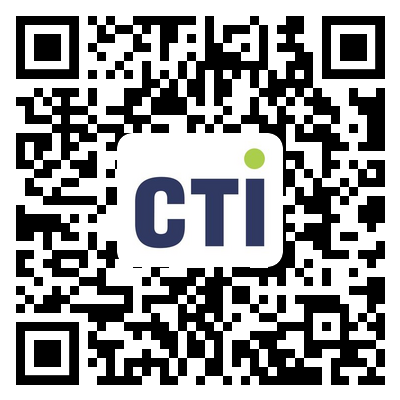
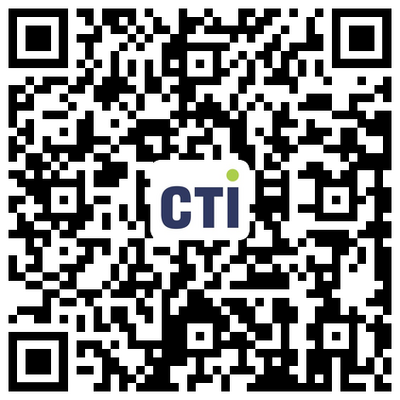
 粤公网安备 44030602000441号
粤公网安备 44030602000441号 